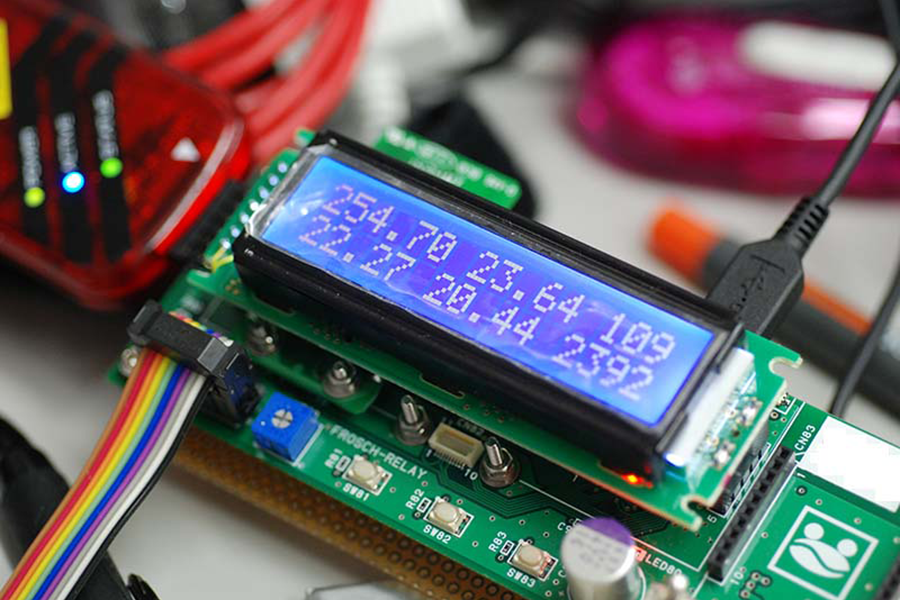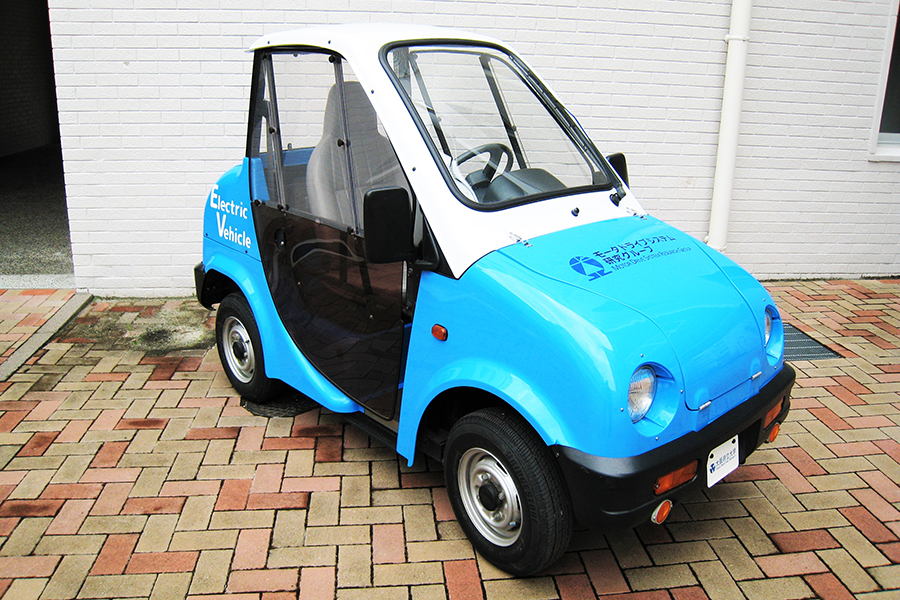About EES
Students will master a broad range of specialized electrical and electronic knowledge, including:
Much attention is being focused on circulating systems being in harmony with the global environment and Society 5.0, a highly integrated system of cyberspace (virtual space) and physical space (real space) using IoT technologies. There are three indispensable kinds of knowledge in the field of engineering: electrical engineering, which supports the generation, delivery, storage, and utilization of electrical energy for advanced fusion of cyberspace and physical space; information and communication engineering, which explores theory and technology for transmitting the enormous amount of data observed in the real world to remote locations or in cyberspace via the Internet; and system engineering, which holds the key to the efficient operation of various systems existing in both cyberspace and physical space.
Furthermore, in Electrical and Electronic System Engineering, the required research area is now becoming broader. It encompasses power systems, electric energy conversion, power electronics, system control, robotics, information communication systems, optical communications, radio application systems, optical function systems, communications for image signal processing, human interfaces using 3D displays and wearable computers, and medical-engineering collaboration such as next-generation endoscopes and healthcare. All of these areas form the basis of our information-oriented society as a comprehensive fusion of system technology, advanced information and communication technology, and information processing technology.
In order to support comfortable lifestyles not only now, but also in the future, while fostering the growth and development of society, there is a strong demand for human resources who have acquired knowledge in the areas of electrical engineering, information and communication engineering, and system engineering so that they can systematically understand the design, planning, and operation of systems from electricity, information, and communication to production while mastering both software and hardware. In the Department of Electrical and Electronic System Engineering, our goal is to endow engineers and researchers with expertise in electrical and electronic systems, advanced energy systems, information communication systems, production systems, information networks, electrical information systems, sensing, system control, optimization, robotics, and other areas so that they can play a central role in creating smart societies which are friendly to both people and the environment.

